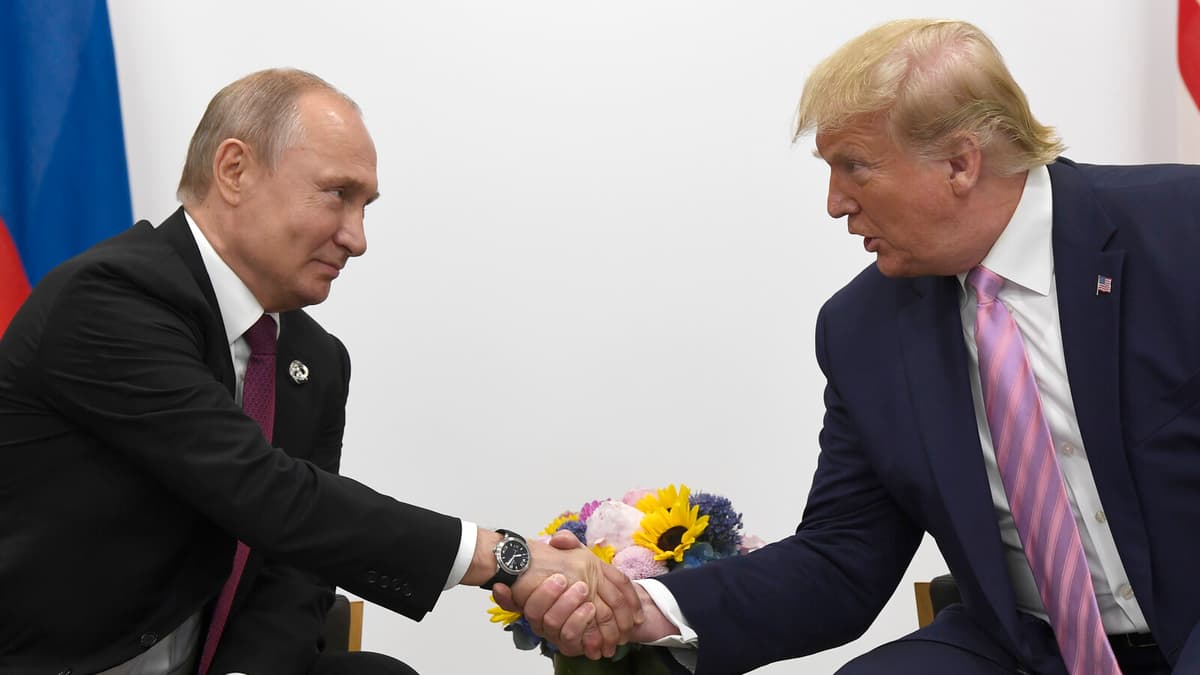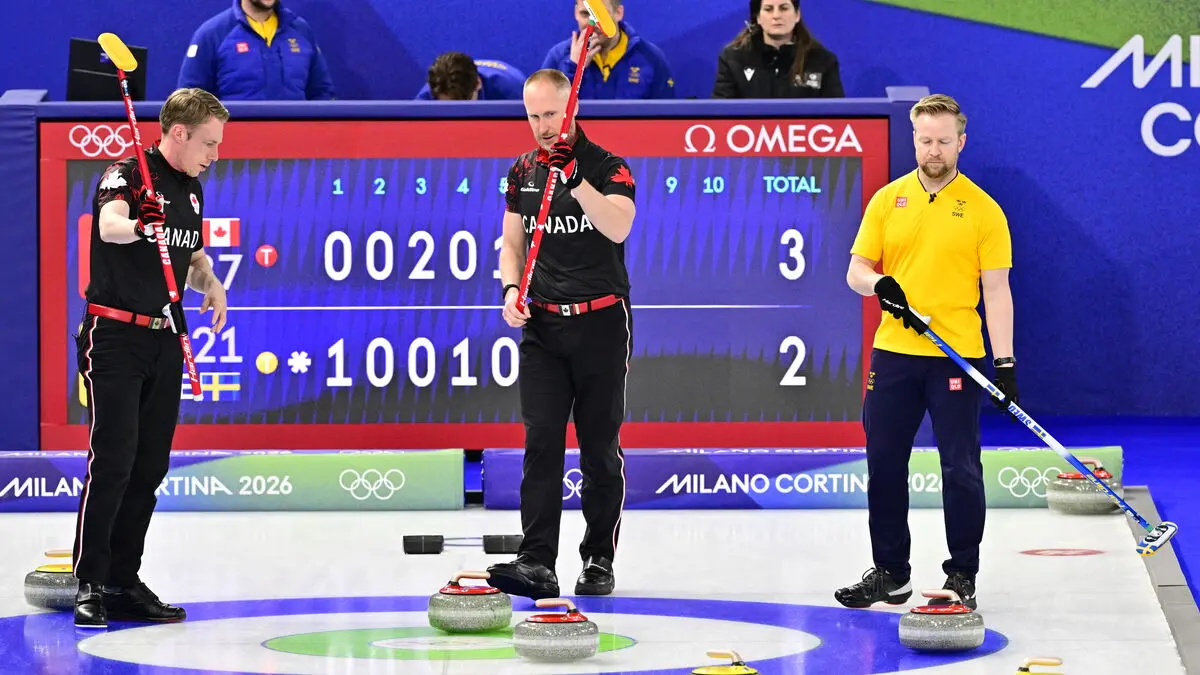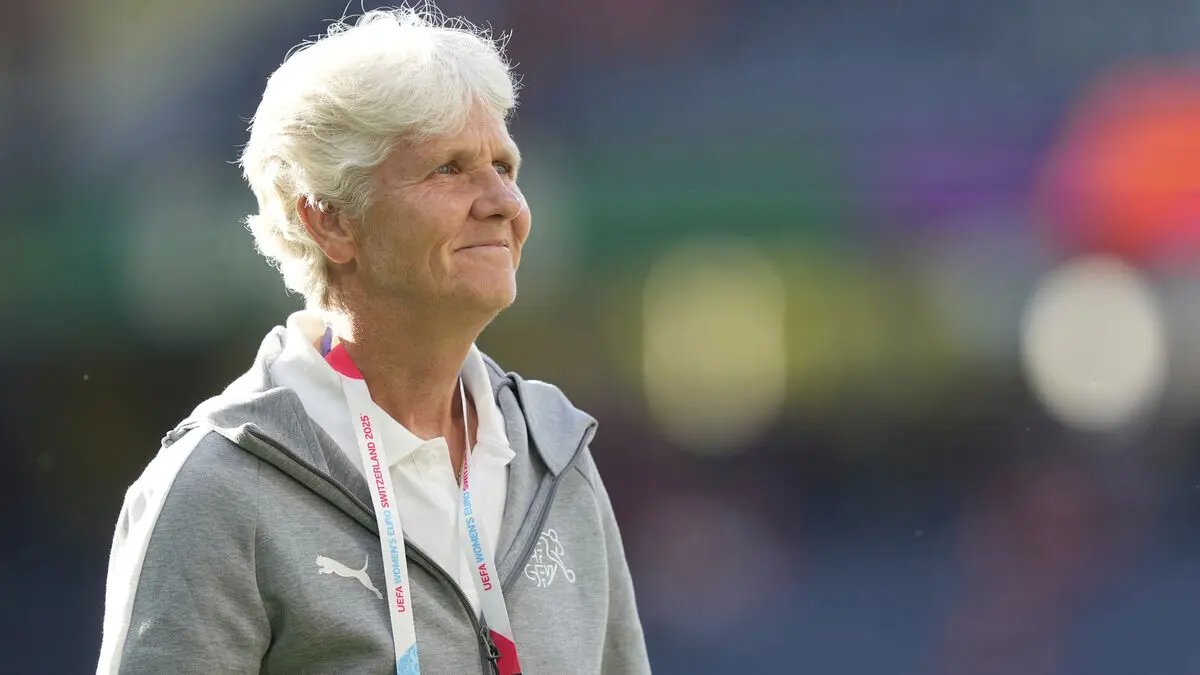That Trump is again taking the post as the world's most powerful man will have major consequences for the security situation in the world, according to Magnus Christiansson.
Trump has previously said that he "will fix peace in 24 hours" when it comes to Russia's war against Ukraine.
So far, it's clearly speculation, but it's likely that he takes steps already as president-elect. That he approaches the Ukraine issue.
I wouldn't rule out that Russia will work on him and his team, continues Christiansson.
Compromise with Putin
Trump has generally taken a more benevolent attitude towards Russia and its leader Vladimir Putin, compared to the majority of the world's elected leaders.
The really big thing is that he seems willing to compromise with Putin when he's not willing to compromise with Iran, says Christiansson.
When it comes to Nato, Trump has for a long time been clear that Nato countries "must pay their bills" in order to be able to count on US support.
What unites all countries in Nato is that they are all in different ways dependent on the US. One of the things Trump can very well do is to say that Article 5 applies to the states that have paid 2 percent of GDP, says Christiansson and continues:
It may not be the most likely, but it would mean that Nato ceases to exist – without the Americans formally leaving. Then he has crushed Article 5 without breaking the Atlantic Pact in any way.
"Crazy" Trump
Donald Trump has made himself known as an irrational leader, something that in international contexts can be a viable strategy, according to Christiansson.
In international relations, there's something called the madman theory, you're willing to play a risky game in an irresponsible way. You signal to the opponent that here you need to back off, otherwise it leads to catastrophe. Trump can end up in a situation where he, by behaving without limits, creates fear in the opponent. That you appear as a madman makes the opponent back off.
Nato (North Atlantic Treaty Organisation) is a transatlantic defence alliance founded in 1949.
It consists today of 32 member countries, of which 14 were part of the former Eastern Bloc. The latest countries to join were Finland in April 2023 and Sweden in March 2024.
Nato was created to preserve peace in the North Atlantic area by deterring armed attacks against the alliance's members.
The core of Nato is the so-called Article 5, which states that an attack on a Nato country is an attack on the entire alliance and that all members are obliged to help.
Source: The Foreign Policy Institute, Nato






